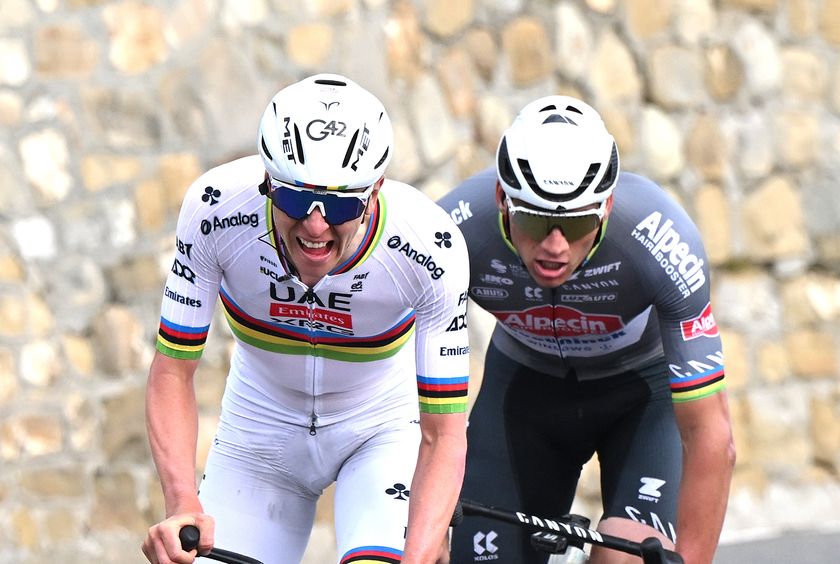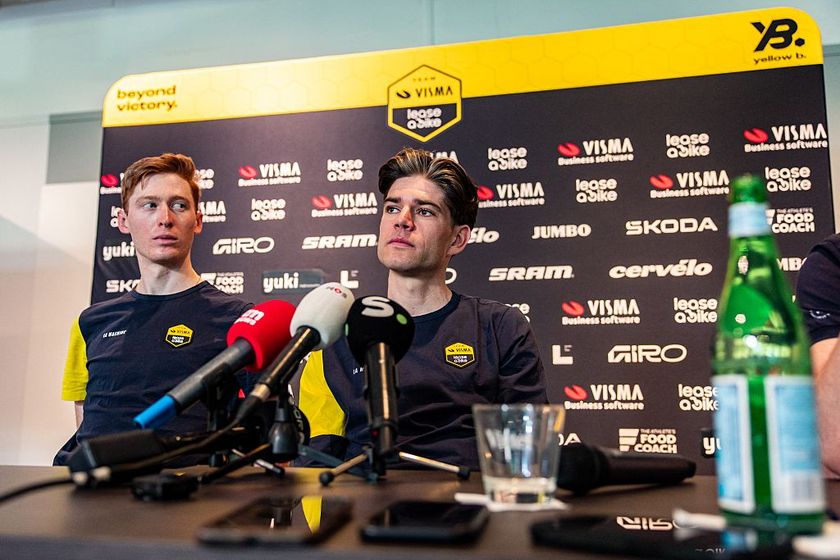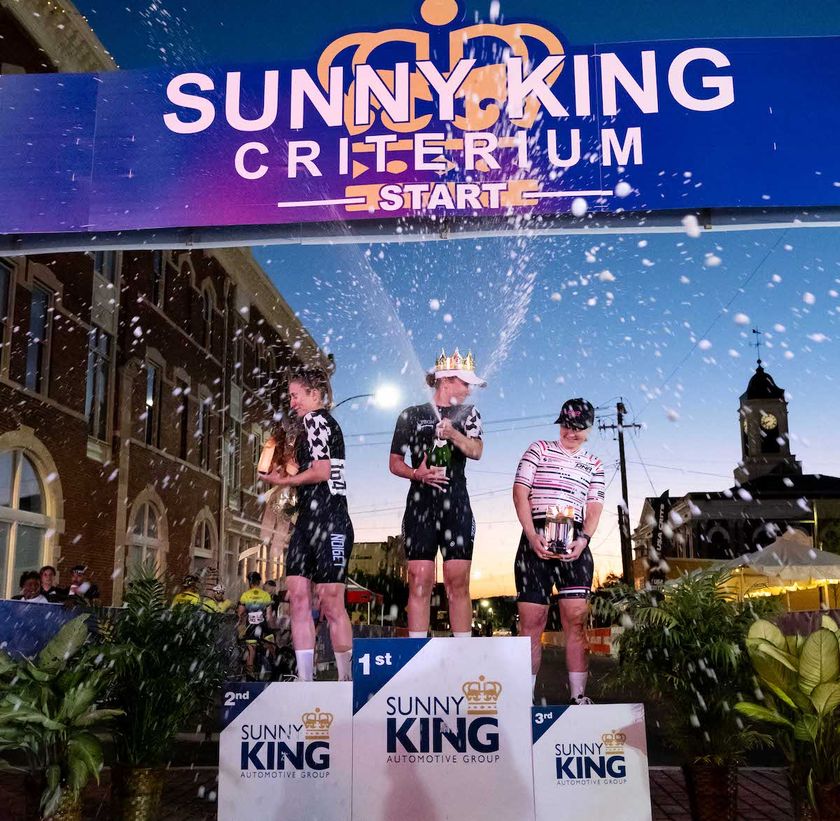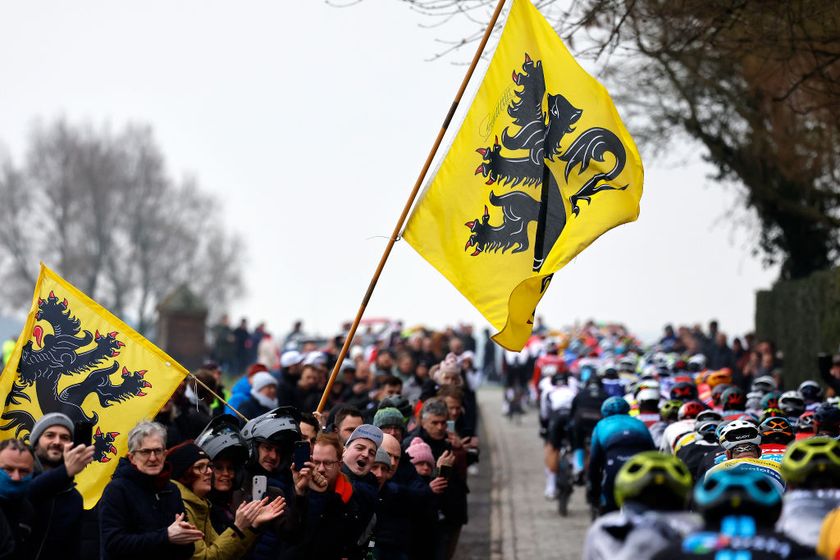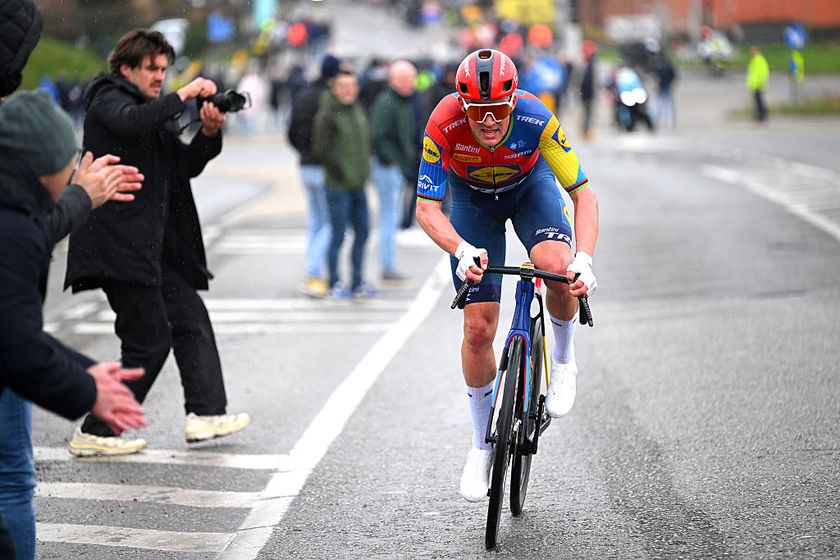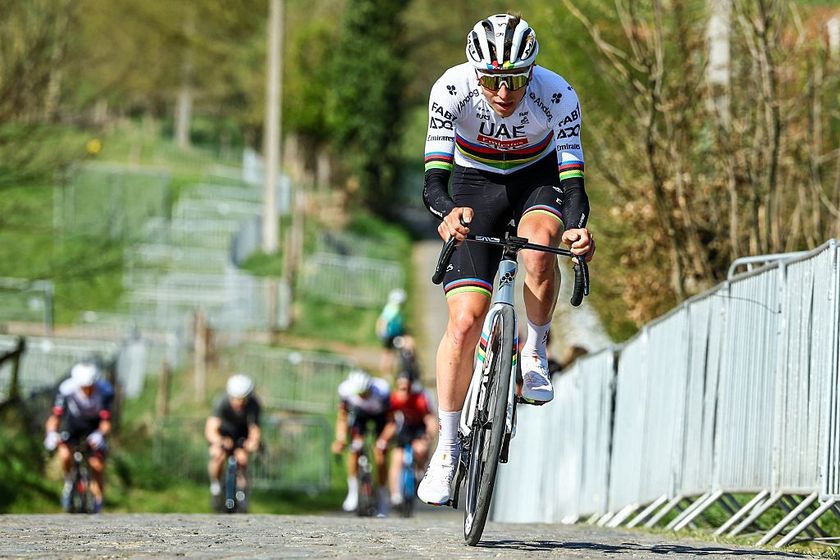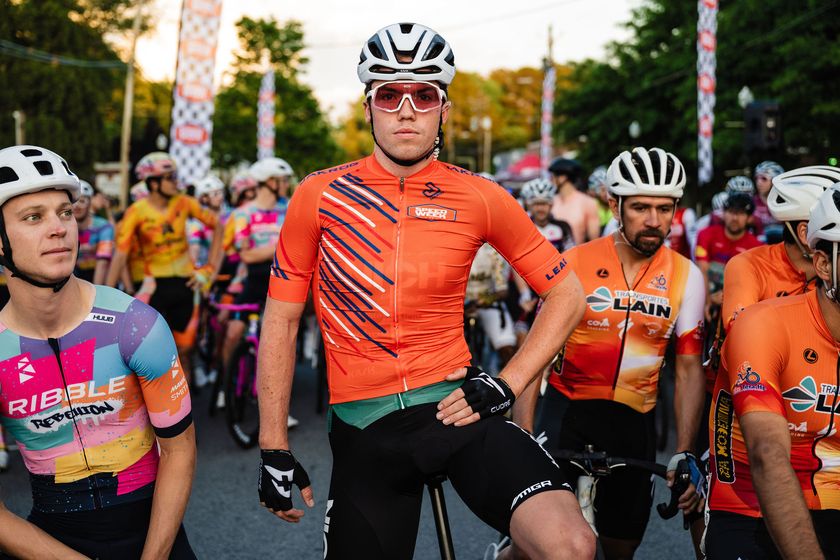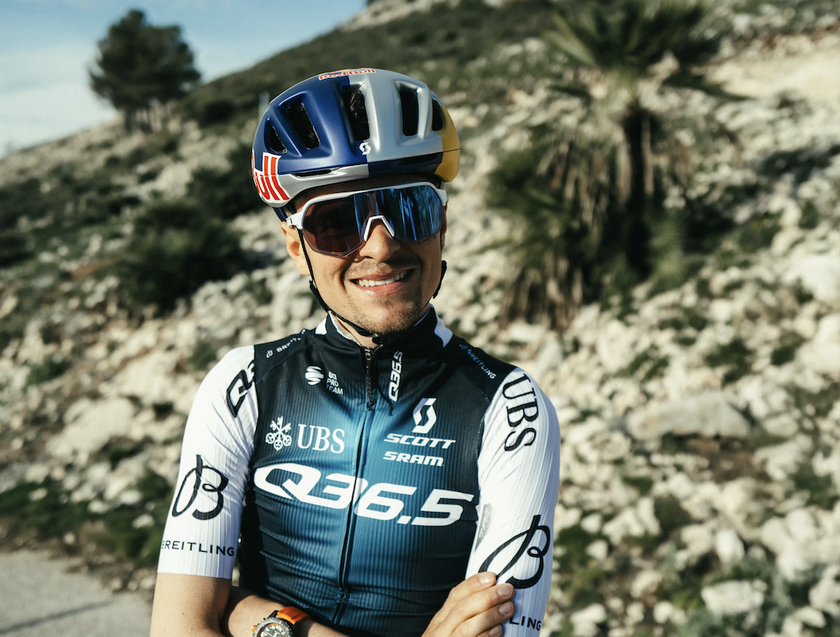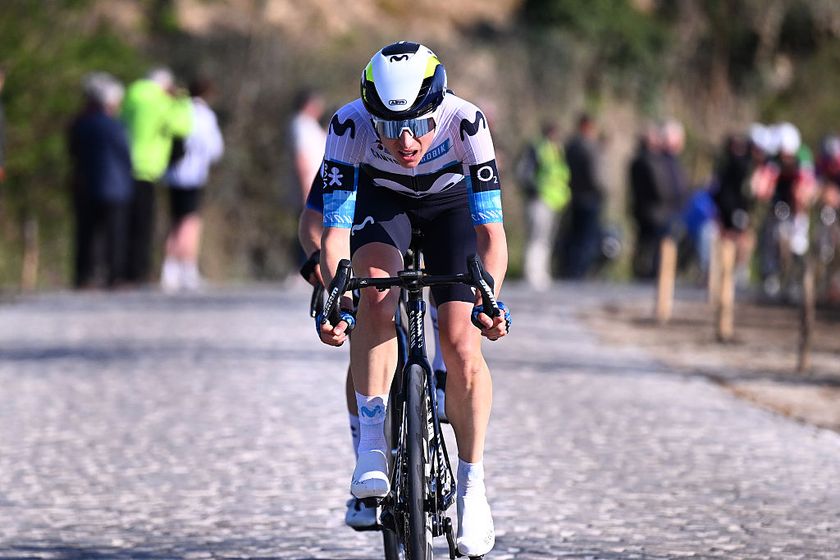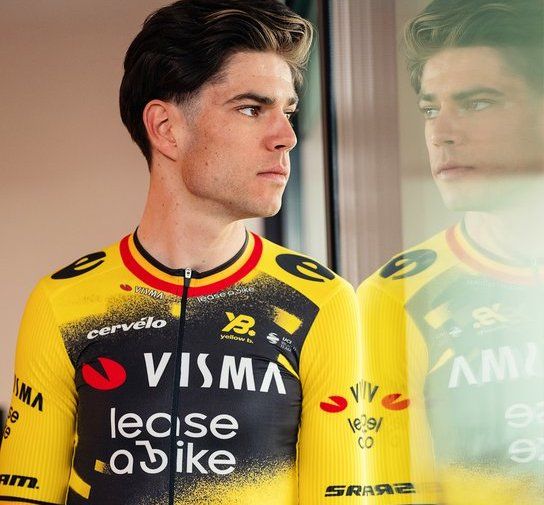Sanctioned riders still not eligble for Italian team, says FCI president
Di Rocco admits regulation was prompted by Rebellin, Riccò and Mantova



Riders who have been sanctioned for doping will continue to be overlooked by the Italian national team, according to federation president Renato Di Rocco. His comments came after the FCI’s federal court overturned a regulation barring riders who had served suspensions of six months or more from competing in the national championships, following an appeal from Annalisa Cucinotta.
“The ruling from the federal court only covers participation in the Italian championships. That’s correct and we accept it,” Di Rocco told Gazzetta dello Sport. “But the court’s sentence doesn’t concern the blue jersey, which remains off limits for those who have had a doping ban of six months or more. Cucinotta, for instance, for now cannot compete for Italy.”
Cucinotta served a two-year ban after she tested positive for the anabolic steroid boldenone at the track World Cup in Cali in 2008, and was one of a number of riders in all disciplines affected by the FCI measures, which were formalised in June of last year.
An initial legal challenge from Danilo Di Luca on the eve of the national championships stalled, but Cucinotta lodged an appeal with the FCI’s federal court after the Court of Arbitration for Sport had ruled in October that similar provisions made by the International Olympic Committee were in violation of the WADA code.
After CAS this week ruled that the British Olympic Association’s ban on former dopers representing Britain in the Games was also in contravention of the WADA code, the FCI federal court announced on Wednesday that it had upheld Cucinotta’s appeal.
While Di Rocco insists that sanctioned riders remain ineligible for selection for the squadra azzurra, he said that the situation would be debated at the FCI’s federal council in June.
“We have to look to maintain the ethical value of this jersey,” he said. “But the federal council will discuss this, and it’s possible that it will acknowledge this opening.”
Get The Leadout Newsletter
The latest race content, interviews, features, reviews and expert buying guides, direct to your inbox!
Italian riders’ association ACCPI had roundly criticised the FCI measures, insisting that it was unfair to impose an additional, retroactive sanction on riders who had already served suspensions. Di Rocco explained that the FCI regulations were born of the circumstances of the time.
“When the ruling was made, we were in a state of emergency: you had Lampre accused of doping as a team [in the ongoing Mantova investigation - ed], Rebellin and Riccò were coming back into the peloton… We needed to set limits,” he said.
Ivan Basso, who served a two-year ban for his links to blood-doping doctor Eufemiano Fuentes, has been vocal in his opposition to the FCI measures, and he welcomed the federal court’s ruling on the Cucinotta appeal. “I believe that I’ve been rehabilitated from a professional point of view thanks to a road of transparency,” said Basso. “I think that the federal court’s ruling is correct.”
